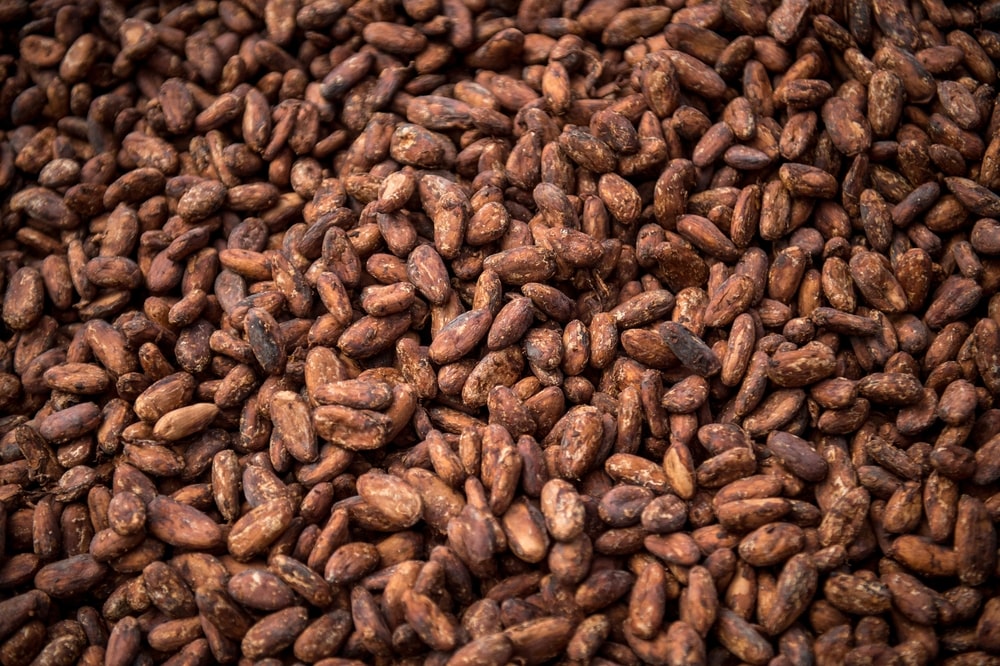
The price of chocolate is expected to increase because of a shortage of cocoa beans caused by severe El-Nino induced dry weather conditions and an outbreak of cacao swollen shoot virus.
Cocoa futures have more than doubled since the start of 2024, rising from $4,200 per metric ton to an all-time high of $9,000 per metric ton.
Prices on cocoa have steadily been increasing for the last three years because of poor harvests, with a fourth bad harvest now expected.
Ivory Coast, the world’s largest exporter of cocoa beans, is experiencing hotter-than usual temperatures during rain season, with a lack of rain resulting in subpar beans in both size and quality, reports CNBC.
The surge in price has already impacted the established price mechanism between farmers, processsors and global traders, according to Reuters.
Cocoa bean farmers sell beans to local dealers, who in turn sell them on to global traders and processors up to a year in advance at a pre-agreed price in a heavily regulated market.
However, in the face of a shortage of cocoa beans, this mechanism has broken down.
Local dealers are paying farmers a premium on top of the farmgate prices to secure beans. These beans are then sold on a spot market at higher prices rather than at the agreed price, which favours global traders rather than processors.
Consequently, many African cocoa plants in Ivory Coast and Ghana have either stopped altogether or cut back on processing because they cannot afford to buy the beans at the new prices or have not received their pre-ordered beans.
Transcao, a state-controlled Ivorian bean processor, announced that it had stopped buying beans because of the higher price. Likewise, Cargill, a global trader, has struggled to source beans for its major processing plant in Ivory Coast, according to Reuters.
In Ghana, most of its eight plants including the Ghanian-state owned Cocoa-Processing Company (CPC), have repeatedly suspended work for periods of time since October.
Processing plants play a key role in the production of chocolate, since chocolate makers themselves cannot make chocolate from raw cocoa. Plants are used to turn beans turned into butter, cocoa powder and liquor that is used to produce chocolate.
The shortage of cocoa beans has started to filter into higher prices for consumers. US retail stores charged 11.6% more for chocolate products last year, compared with 2022, according to data from Circana, a market research firm.
The US is a leading consumer market for chocolate, importing over $3 billion of chocolate last year, according to ALPS Marine. The UK is another large importer of chocolate, importing $2 billion of chocolate last year.
For the near to medium term, the situation is showing no signs of recovering. Global cocoa production has fallen by 10.9% to 4.45 million metric tonnes this season according to The International Cocoa Organisation(ICCO).
Grindings, which is the process of converting cocoa nibs into powder and then into smooth chocolate, is expected to fall by 4.8% to 4.78 million according to Reuters.
Consequently, this mis-match between demand and supply will force many processors and chocolate firms to draw on their own cocoa stocks to cover their needs. Global cocoa stocks are expected to fall to their lowest levels in over 45 years, according to the ICCO.
Unfortunately, with Easter upon us, the price of everyone’s favourite sweet items have become more expensive.

Related Articles
Aviation
Aviation
Aviation